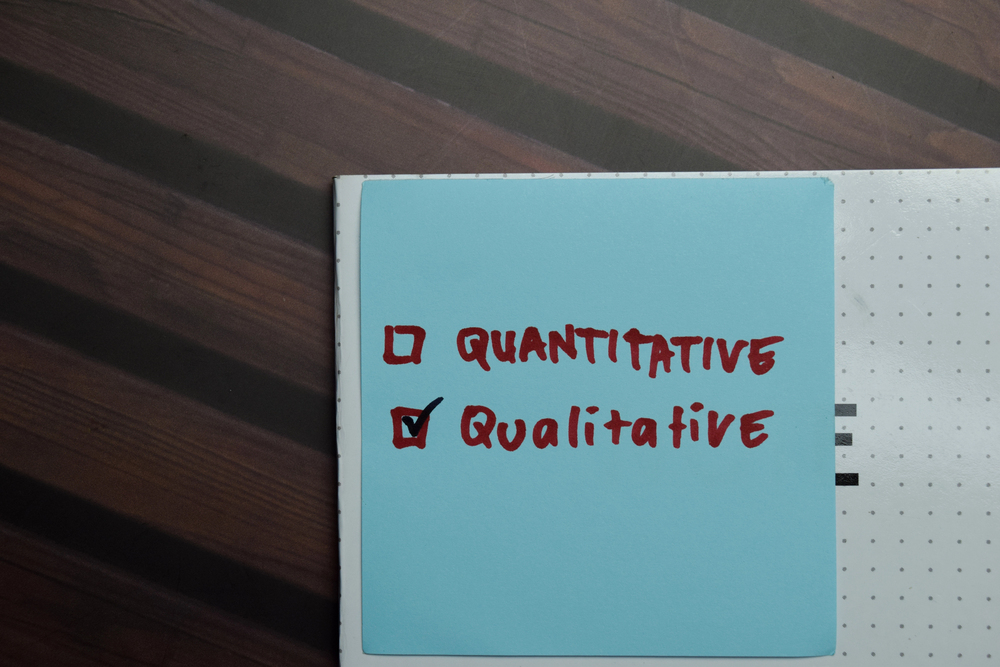Lived experience isn’t just a personal story—it’s a lens that can illuminate overlooked truths in mental health research.
A recent editorial in Qualitative Psychology by prominent qualitative researcher Heidi M. Levitt articulates a powerful philosophy for integrating lived experience into mental health research. This philosophy aligns closely with the long-held arguments of consumer, survivor, and ex-patient (CSX) researchers.
The editorial “A Consideration of the Influence of Researchers’ Lived Experiences” positions lived experience not as a secondary perspective but as a critical lens for uncovering overlooked truths in mental health research and practice. Levitt’s argument echoes and builds upon a growing body of scholarship advocating for the centrality of lived experience in mental health research.
Levitt focuses on epistemic privilege—the unique insights derived from lived experiences of harm or oppression—and its importance in advancing socially just and meaningful research.
“Critical researchers accord epistemic privilege to their responses regarding monosexism [or dominant ways of knowing] in health care, rather than seeing all researchers’ opinions as equal,” she writes. “This approach termed strong objectivity, has suggested that we deliberately recruit perspectives on the phenomena we study that are not just situated in mainstream experience. These perspectives allow us to gain insight that is not available from other participants.”
















Why waste time paying attention to “mental health researchers” who thrive in an atmosphere of “epistemic privilege” (i.e., academic snobbery) when you can learn all you need to know from people who’ve not only been there, but have enough humility TO SPEAK IN PLAIN LANGUAGE??? Do yourself a favor and skip the eggheads:
“Teal Swan: Shadow Work, Spiritual Integration & the Power of Authenticity” |526| with Luke Storey
P.S. If you’ve heard this before, HEAR IT AGAIN —
Report comment
this made me giggle, amen.
Report comment
🙂
Report comment
Academia (especially medicine, science and law) like to use big, fancy words in order to justify getting paid a lot more money to look as intellectual and as smart as possible. It’s true they spend a good amount of years studying in their field and should get paid more for it but it certainly is snobbery. I think it’s all about ego (image and status).
Report comment
Agreed. Image and status imo have a lot to do with why more than a few people pursue such fields.
Report comment
A possible slice of wisdom? … the “mental health” industries only care about profits, whereas the “experts by experience,” and research, actually care about their own health, and the health of their loved ones.
Report comment
Incidentally, psychiatric medley, both my emails got cut off and I won’t ever know if you send me things to ask me to stop. Don’t worry – I’m not a human being but a ghost. You can’t contact me on twitter but be sure I’ll read you’re every thought.
Report comment
I think it is obvious that finding from recovering patients what helped them to recover would not only be helpful in establishing best practises in treatment but also by extrapolation causes for their troubles. By looking for patterns in these subjective reports you can overcome bias.
See UK Mad blog for an example of this.
https://www.madintheuk.com/2024/08/rethinking-schizophrenia/
Report comment